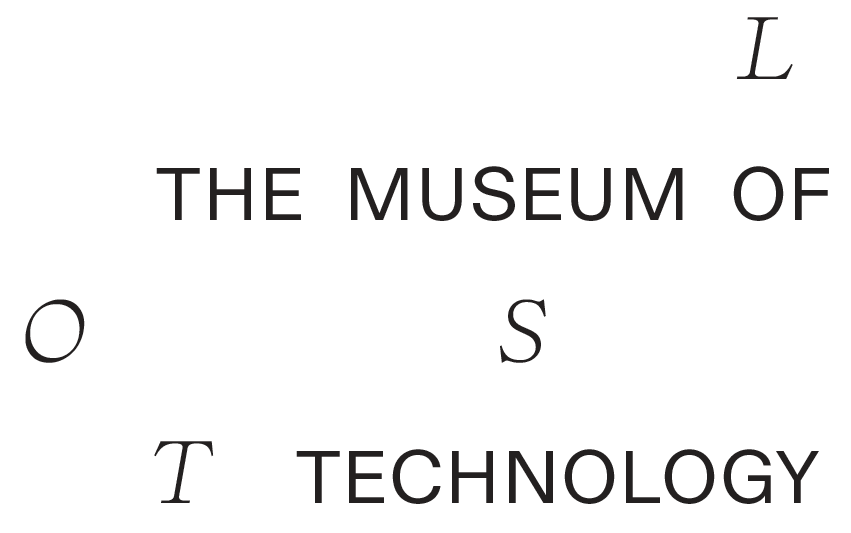The art seminar “PLANTSCAPES” was carried out in the summer semester of 2021 as the second part of the seminar series titled “The Politics of Making.” (Information about the first part of the seminar, which was subtitled RAW, can be found here.)
The seminar series was initiated to open some of the themes and questions of “The Museum of Lost Technology” to the students at the University of Applied Arts and expand the project network. At the same time, it supports applied arts students to reach beyond the conventional divisions between art/science, craft/technology, and applied arts/engineering. Technology-engaged art fields—such as media arts and device arts—historically had been exclusive fields of investigation that had their insiders and outsiders set already from the beginning. Today’s interests in post-digital art-and-technology approaches are making space for new and unconventional material-based and experimental practices to enter the scene. The seminars reveal some of these access points to the students and encourage them to explore expanded definitions of technology and techno-aesthetics.
The Semester Theme: PLANTSCAPES
In this semester, we explored plants in the contexts of critical making and art and technology practices. Plants have been long used for obtaining wood, paper, fibers, natural dyes, pigments, cork, rubber, and many other materials, and have always been subject to controversies throughout history. However, in recent years, new issues around the politics of plants have emerged especially due to the planetary crisis, developments in bioengineering, and the emergence of new materialist thought. This art seminar was designed to provide access to the various debated issues around plants, introduce relevant art and design works, and support students to develop their own artistic approaches to the subject. Weekly lectures tackled specific topics such as growing as making, colonial planting, flora and femininity, feral ecologies, transgenic plants, biohacking, plant intelligence, and space farming, among others. We looked closely at the works of Lois Weinberger, Maria Thereza Alves, Agnes Denes, Diana Scherer, Alberto Baraya, Ellie Irons, and many other artists that have thematized plant politics in their works. In a special guest lecture by the microbiologist Lisa Kappel, students learned more about plant genetics and about contemporary issues and developments around the subject. In a follow-up workshop ran by Kappel, they got the chance to observe and experiment with plants in a DIY lab environment and learn about some of the tools, materials, and routines of biological research. The weekly lectures throughout the semester were supported with in-class activities, group feedback rounds, one-to-one advising, and open lab days, and students were guided towards finding their individual artistic project ideas.
Student Work
The semester concluded with three weeks of open lab workshops in the studio of “The Museum of Lost Technology.” The studio environment of the project, which is furnished with machines and materials for making as well as a small-scale microbiology workbench, was kept open for the students to use and develop and document their exploratory works. The students of the seminar were from different departments within the university including Art and Communication Practices, Design, Architecture and Environment for Art Education, Social Design, Architecture, and Art and Science, and their semester projects varied in terms of subject matter, media, form, and method.
In her project titled The Fabric of Soil, Sabrina Haas explores the possibilities of textiles to capture visual traces of the composition of soil and the activity within it. Sabrina became interested in soil when she joined a garden plot at die kleine Stadtfarm, an agricultural and social association in Vienna. Her first experiments involved burying samples of cotton fabric in three different locations in Vienna. Retrieved after three weeks, the samples showed signs of decomposition and colorful staining. A soil sample was taken from each place and examined under the microscope. Consultations with scientists were scheduled to find out what exactly caused the colorful staining on the fabric and which types of microbes were present in the soil. Sabrina’s research process continues with further experiments with silk, due to its higher absorbency for moisture and higher resistance to decomposition and perforation. Sabrina’s work-in-progress will be displayed during the Social Design Summer School 2021 at Haschahof in Rothneusiedl, Vienna, which will deal with the topic of urban (im)material resources.
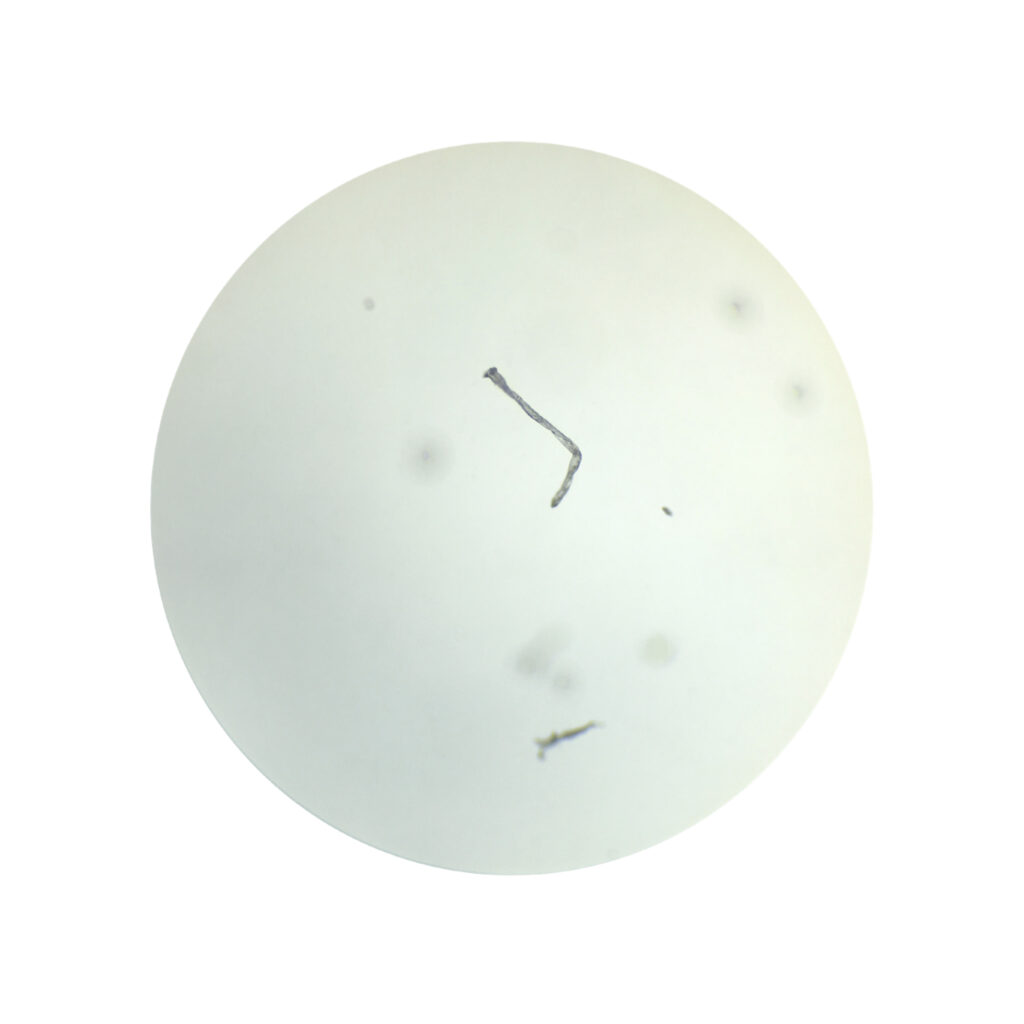
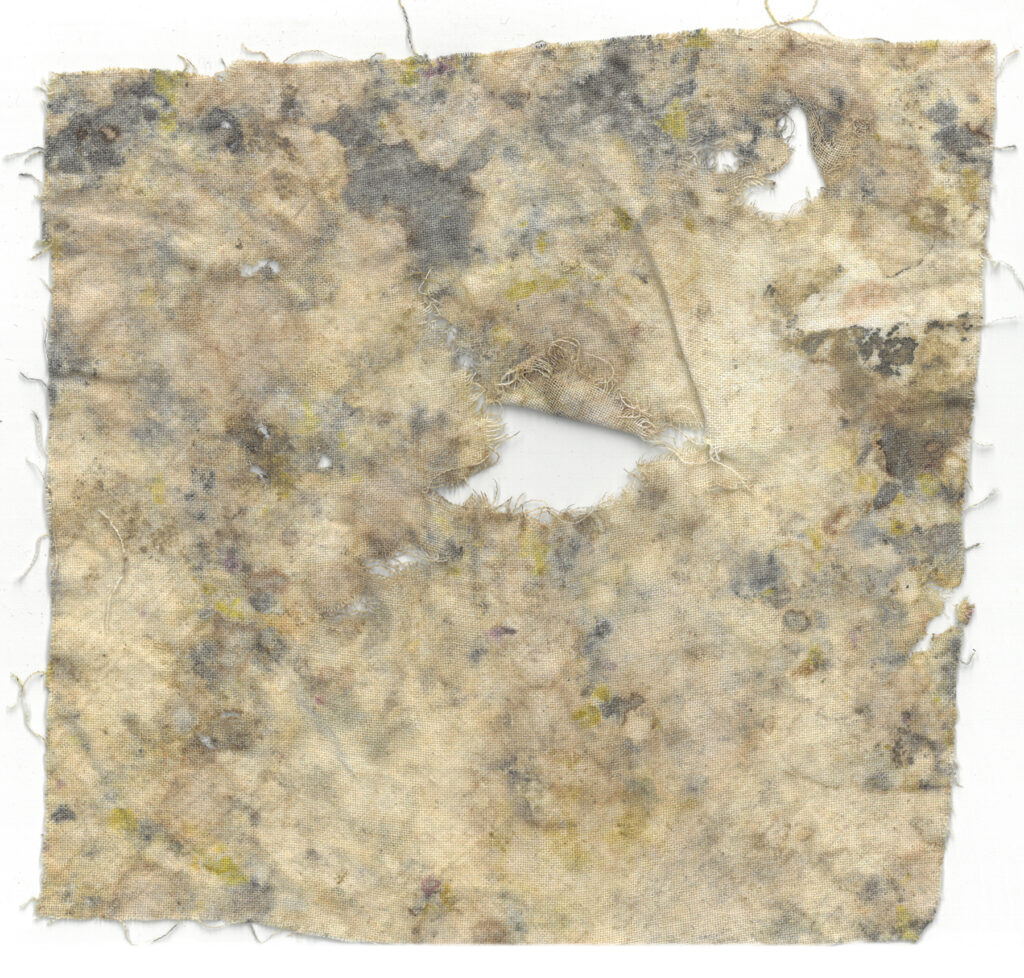
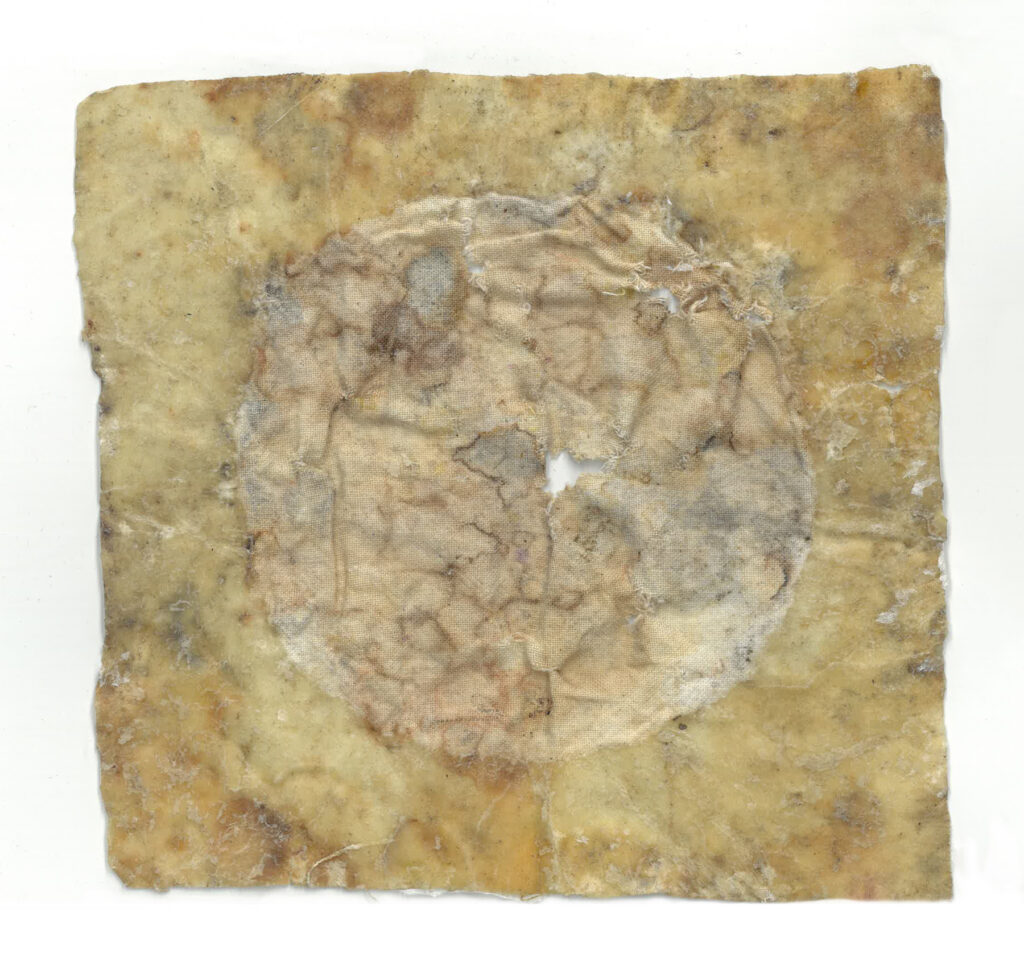
In From Sting to String, Michaela Kleinrath researched a particular plant: the stinging nettle. Suggesting that this commonly unwanted and unpleasant feral weed can potentially become a source for harvesting her artistic material, Michaela started collecting stinging nettles once a week on what she called a “nettle walk” around her neighborhood. After each walk, she meticulously explored different possibilities of use of this plant such as textiles dyeing, making cords, and making paper. Through this open-ended exploration process, Michaela has been developing various new ways to utilize nettle products as her sculptural medium.
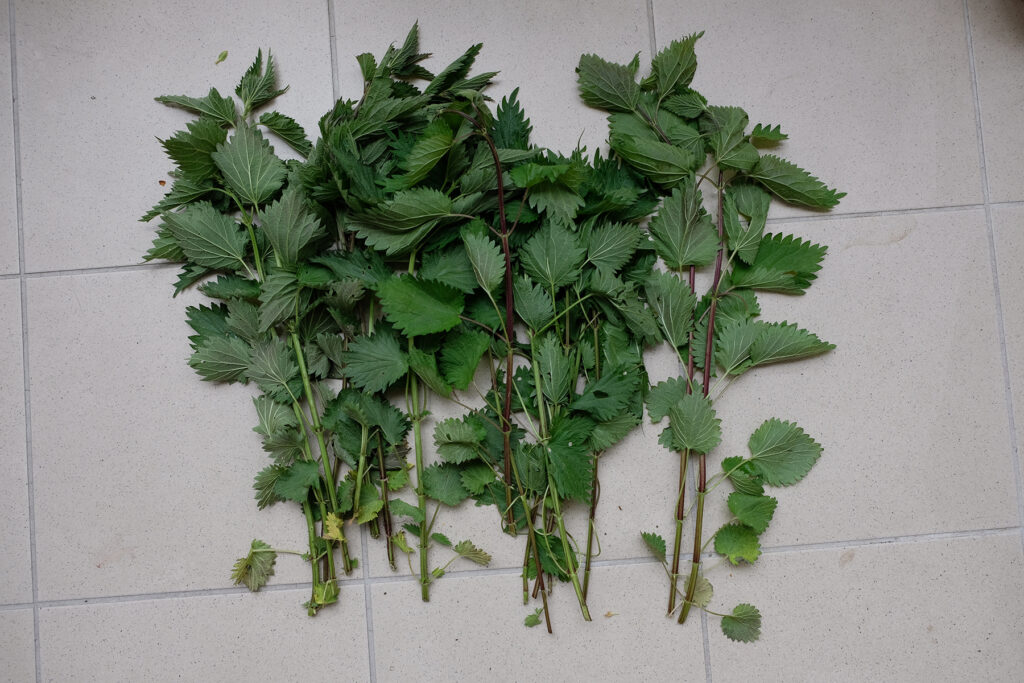
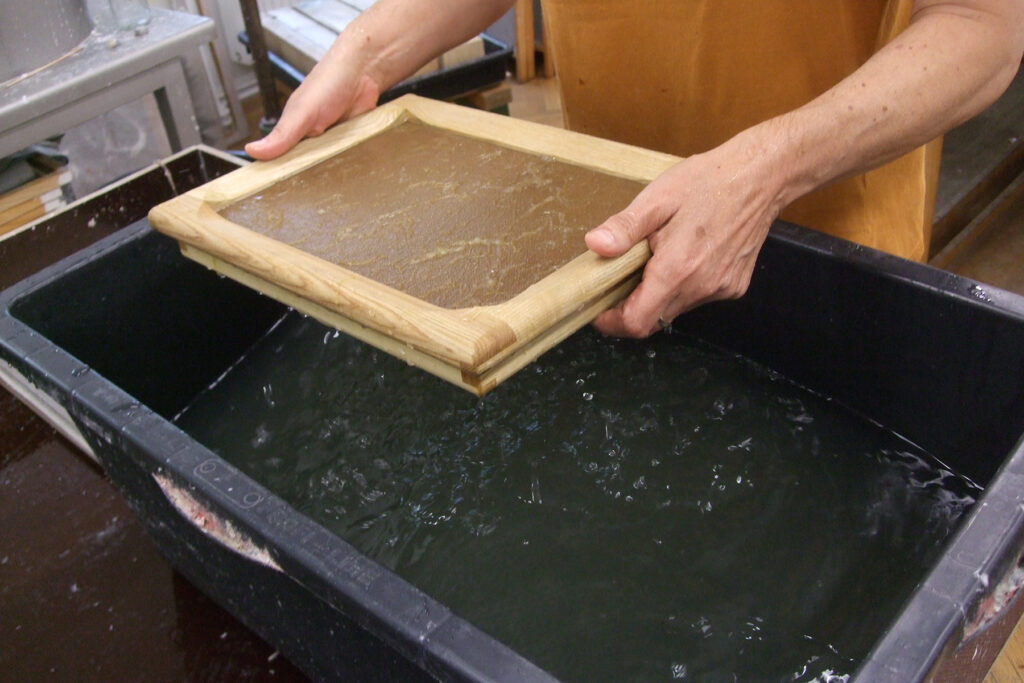
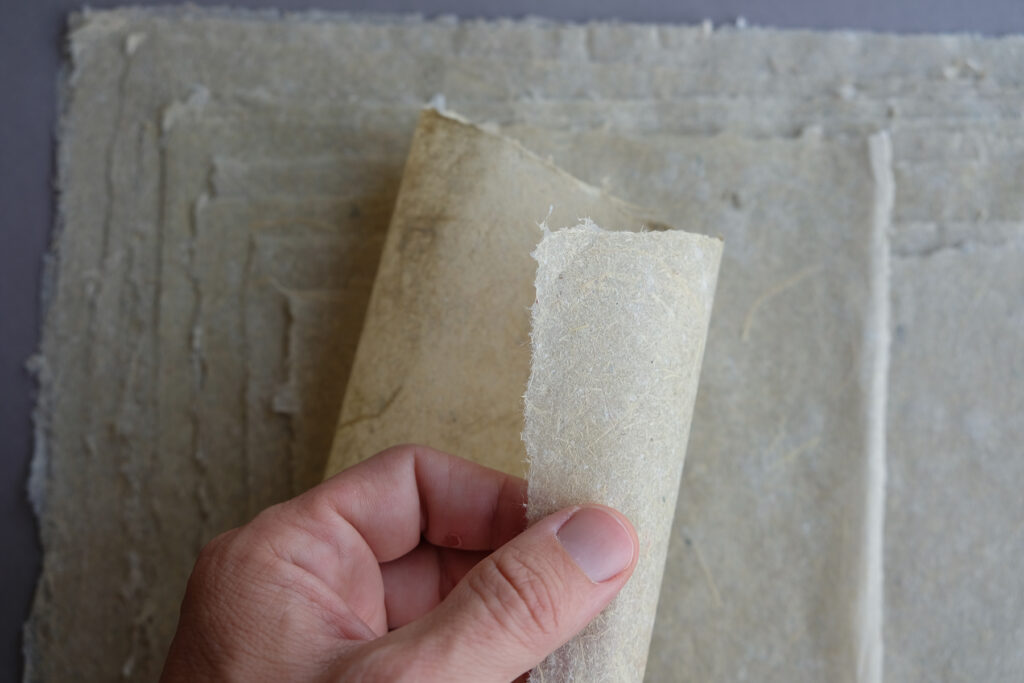
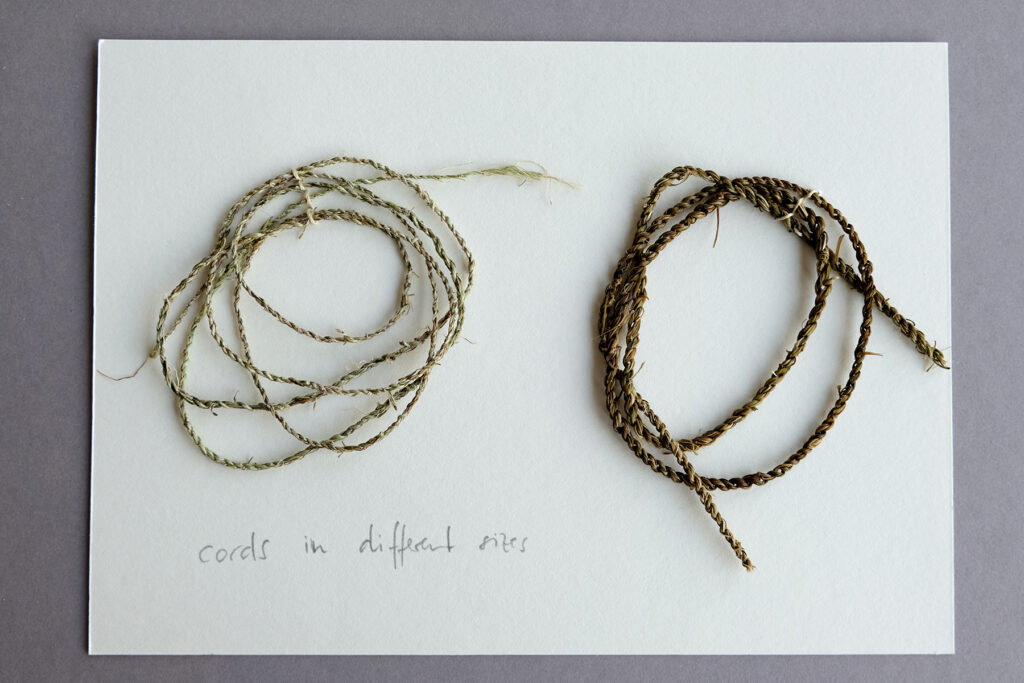
Maria Mogy is developing a concept for a learning process for primary school children. Her aim is to provide an interdisciplinary pedagogical project, combining parts of the biology, design and technology, geography, and maths curricula. In her project titled Ollas – Inside Out, Maria designed a process to turn loam-containing garden soil into kilnable pottery clay. As the following step, the clay is then used to produce an indoor “ollas” that Maria conceived, which will teach the kids to take care of a plant and the necessary attentiveness to others.
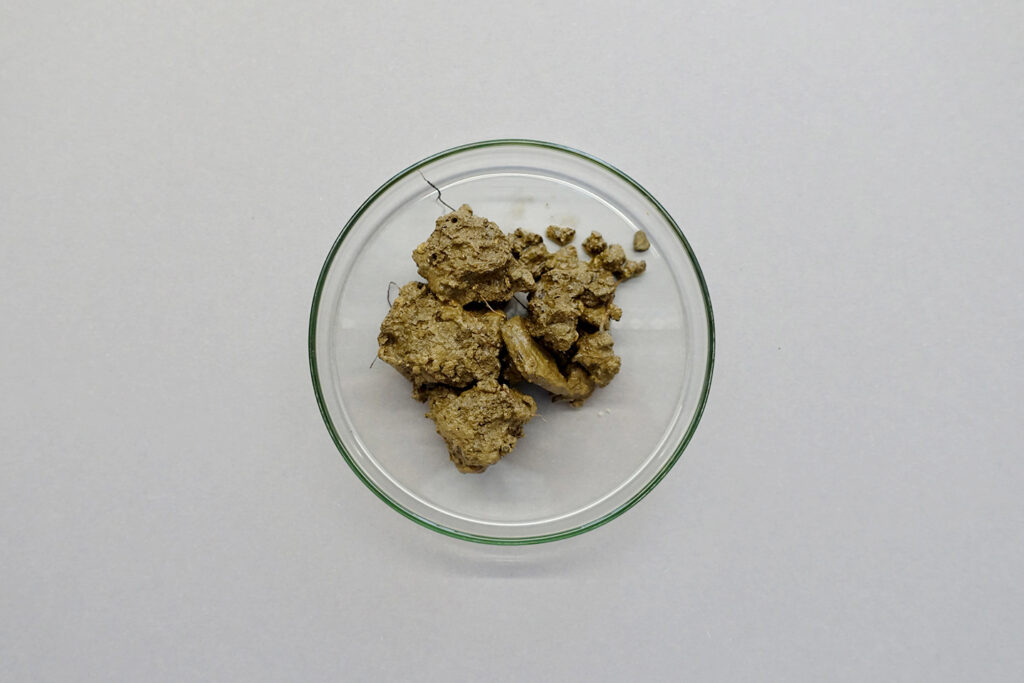
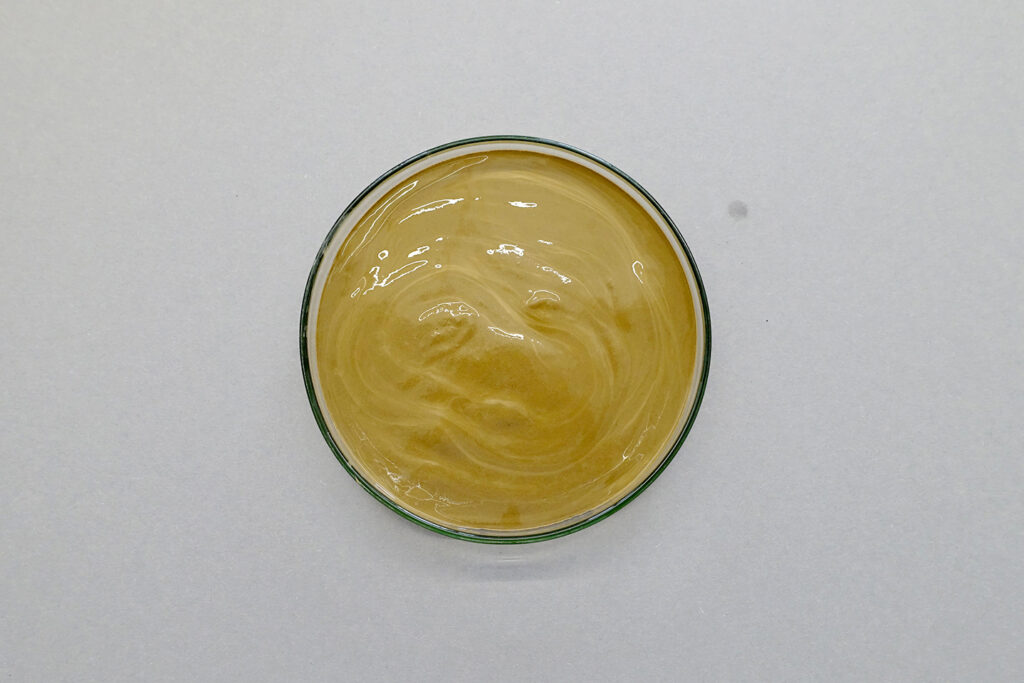
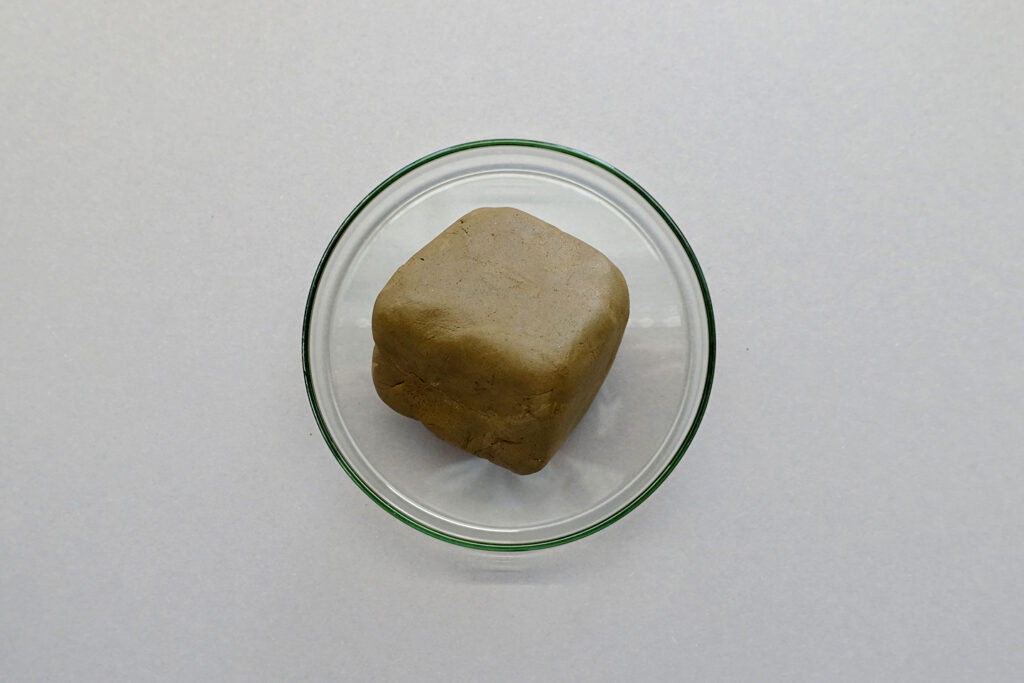
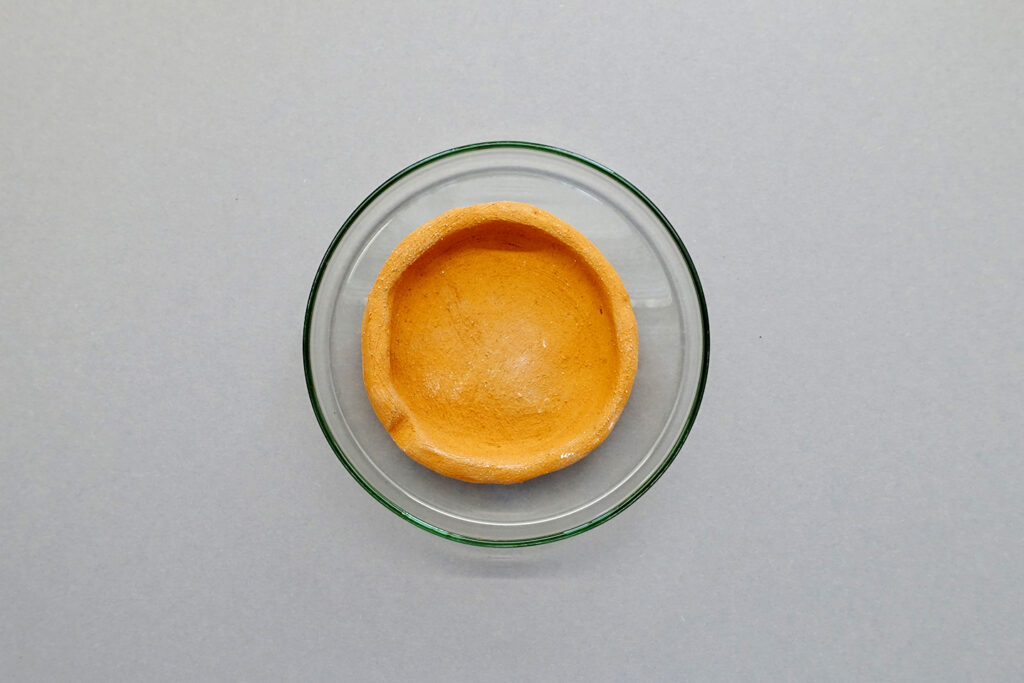
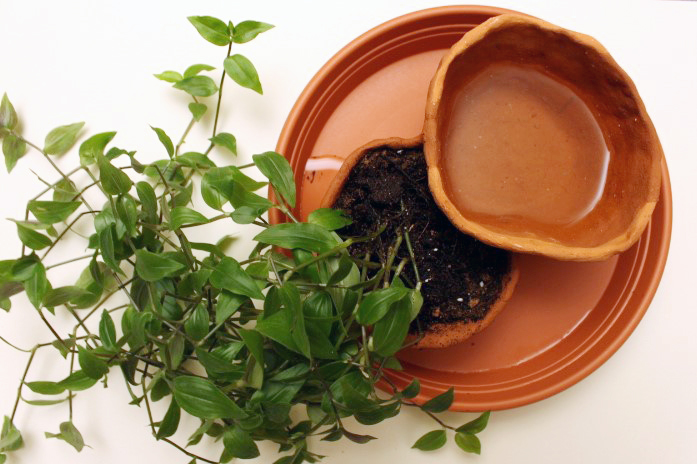
Theresa Marie Furtmair is engaged in a co-creation process with plants. In her project titled Planting and Dy(e)ing, she explores the growth of the roots from seeds, as well as the death of the plants, as a painting process. Theresa started with planting various selected seeds on small samples of a painting canvas and will continue with scaling the project up to larger canvas sizes.
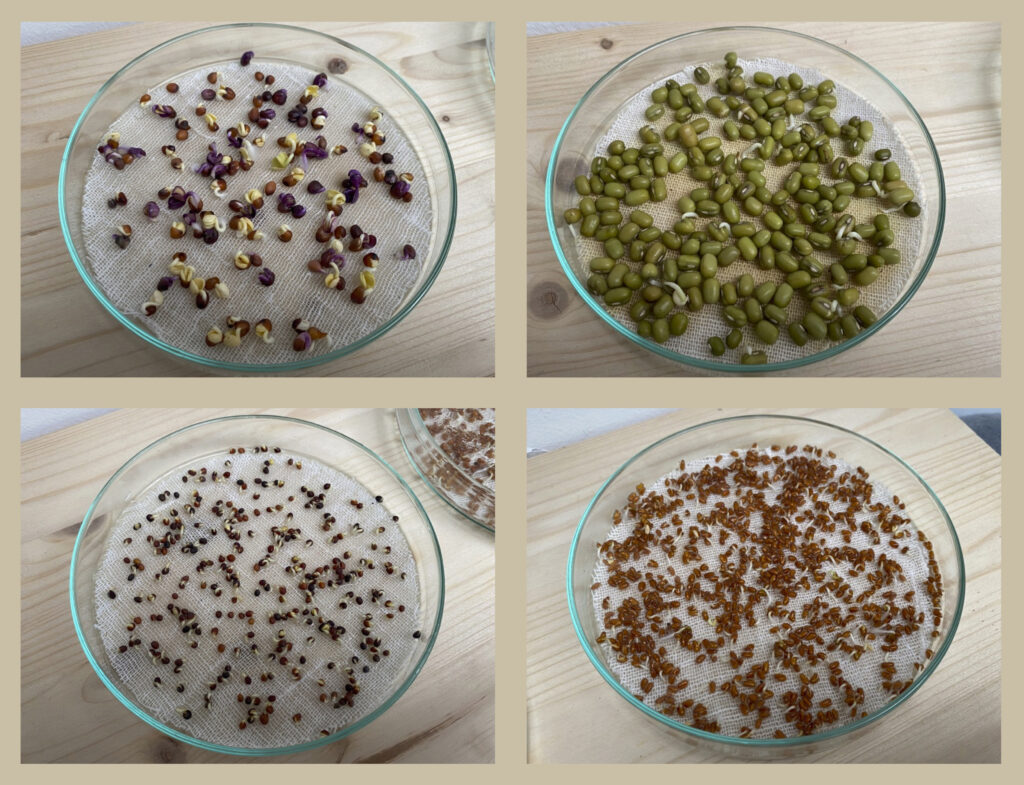
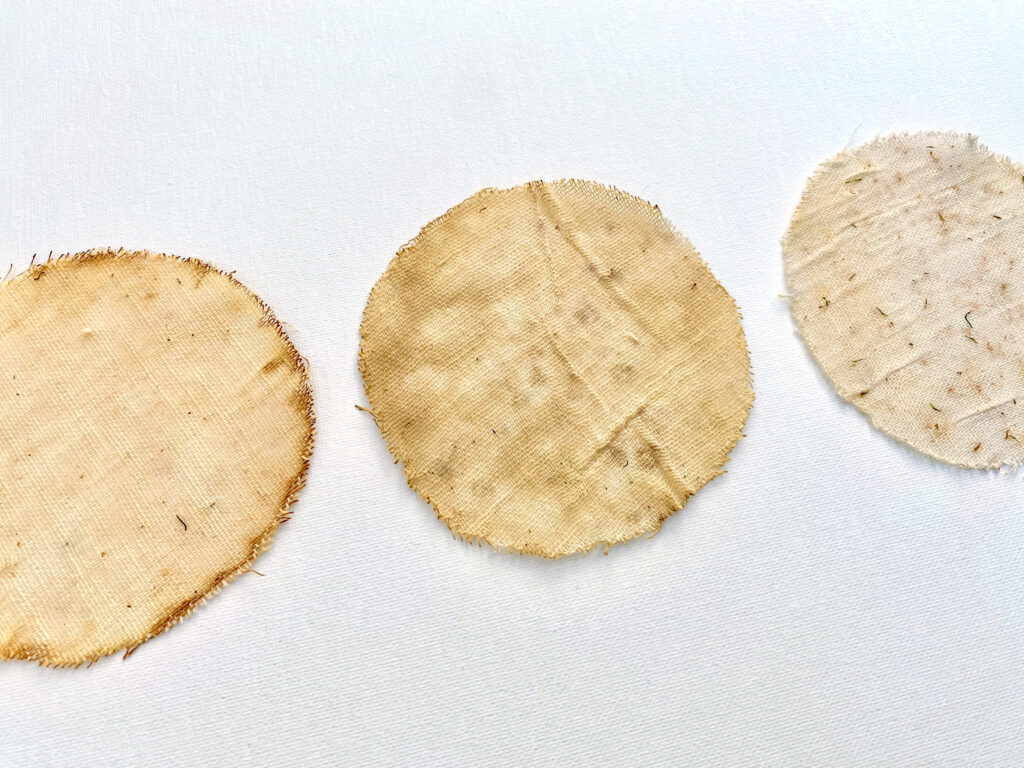
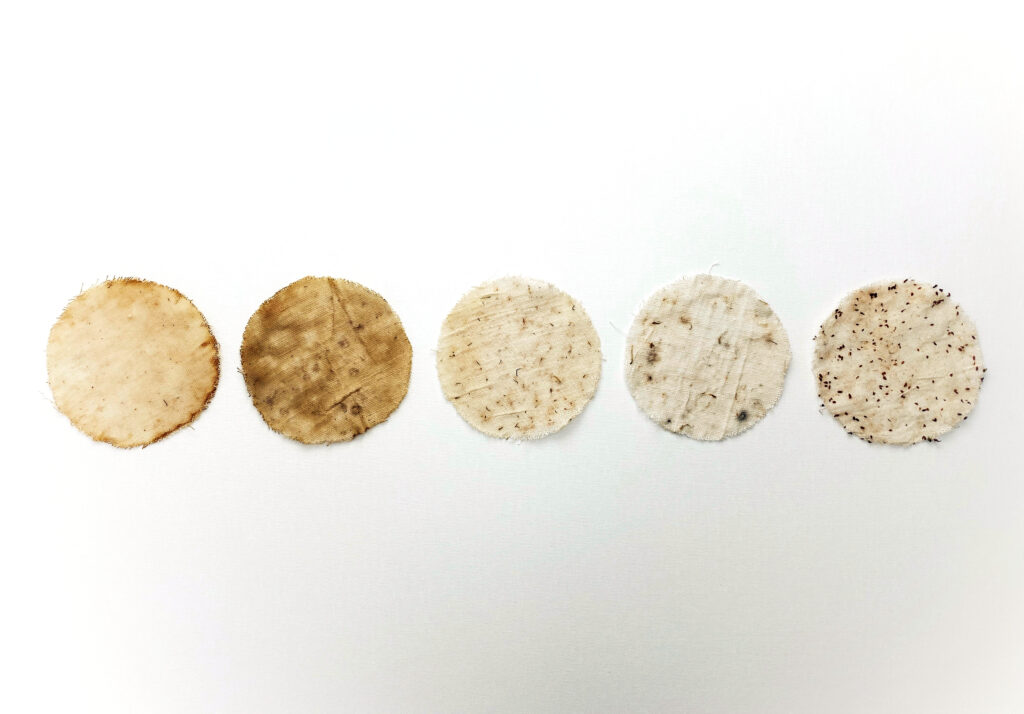
“The Politics of Making” seminar series will continue in the Winter Semester 2021 with a seminar titled “CLOUDS, DUST, MIST,” which will focus on ethereal materials and invisible forces in nature.
